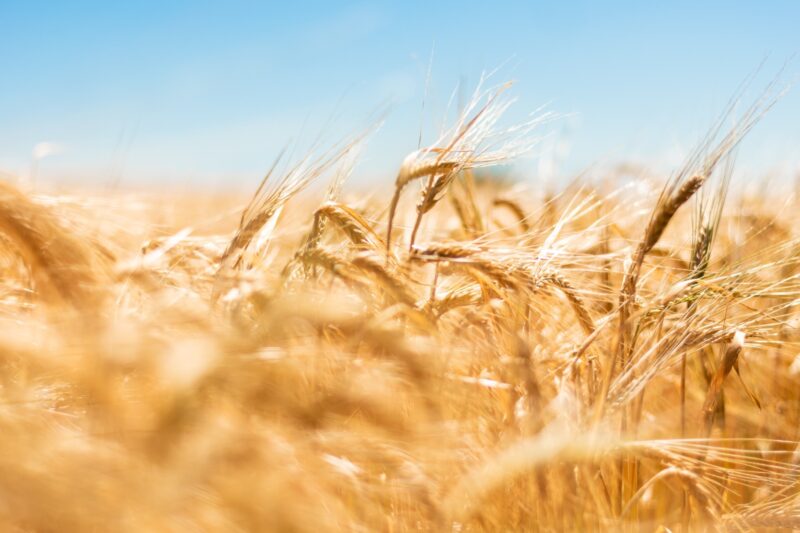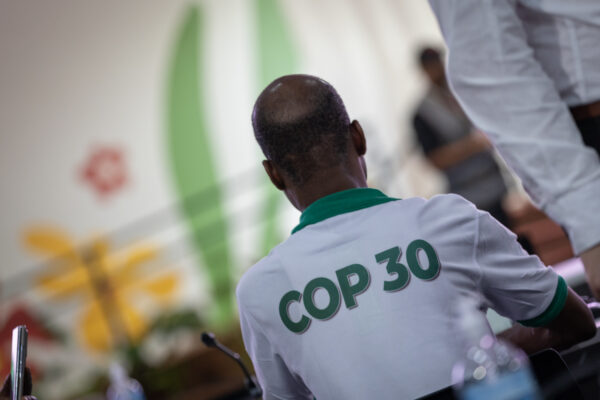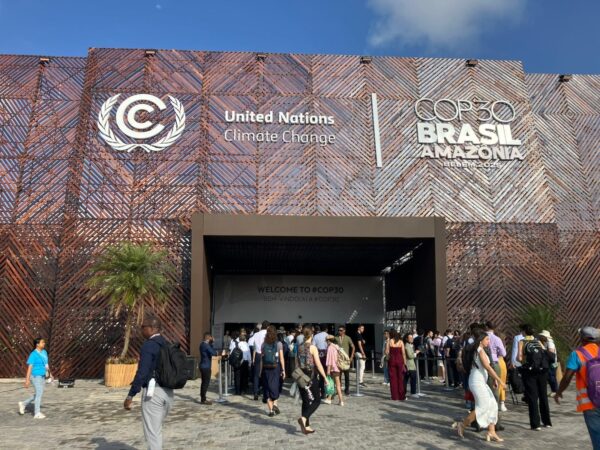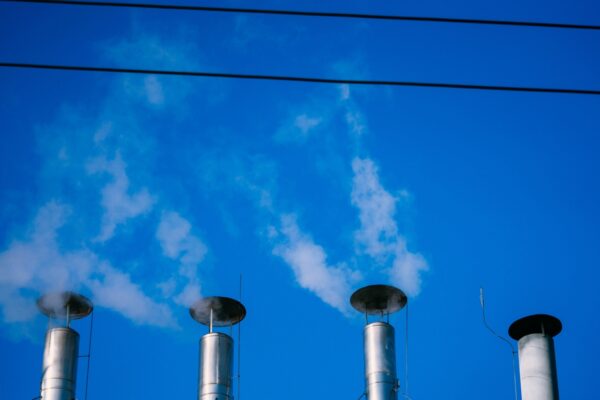Changes to the jet stream could trigger simultaneous crop failures impacting global food security
This new study finds that the jet stream – air currents in the upper atmosphere – can synchronise extreme weather caused by climate change, resulting in crop failures in multiple countries at the same time.
Share

A new study finds that the jet stream – air currents in the upper atmosphere – can synchronise extreme weather caused by climate change, resulting in crop failures in multiple countries at the same time. The paper published today in Nature Communications reveals blind spots in climate models which suggest that the likelihood of such devastating events occurring may be higher than previously assessed.
The study, which analyses large observational datasets and output from climate models, indicates that computer models may underestimate the risk of concurrent crop failures occurring. It finds that yields could drop as much as 7% in East Asia, while global food production could fall by 3%. This could result in commodity price spikes and exacerbate the risk of conflict and undernutrition in countries heavily reliant on imports.
“Our research identifies a high impact scenario – if the jet stream causes extreme weather to strike in multiple food producing countries at the same time, there could be severe consequences for vulnerable countries and groups,” says the study’s lead author Dr Kai Kornhuber from Climate Analytics and the Lamont-Doherty Earth Observatory, Columbia University.
Global warming not only increases the frequency and intensity of extreme weather, it can lead to more complex, unexpected risks that are harder to predict and prepare for, such as multiple heatwaves happening one after another or at the same time.
“Historically, regional production losses in one place were cushioned by the global market. But in situations of concurrent losses, the trade system can be destabilised, propagating the problem to much larger regions,” says co-author Dr Jonas Jägermeyr from Columbia University and NASA Goddard Institute for Space Studies.
The paper suggests that the risk climate change poses to global food supply may be harder to assess and respond to than previously thought. Global emissions therefore should be rapidly reduced to mitigate the risk of high-impact events on the global food system.
“The identified uncertainties highlight that efforts to mitigate greenhouse gas emissions need to be strengthened to prevent extremes from rising beyond adaptation capacities,” says Dr Corey Lesk, co-author from Dartmouth College.











